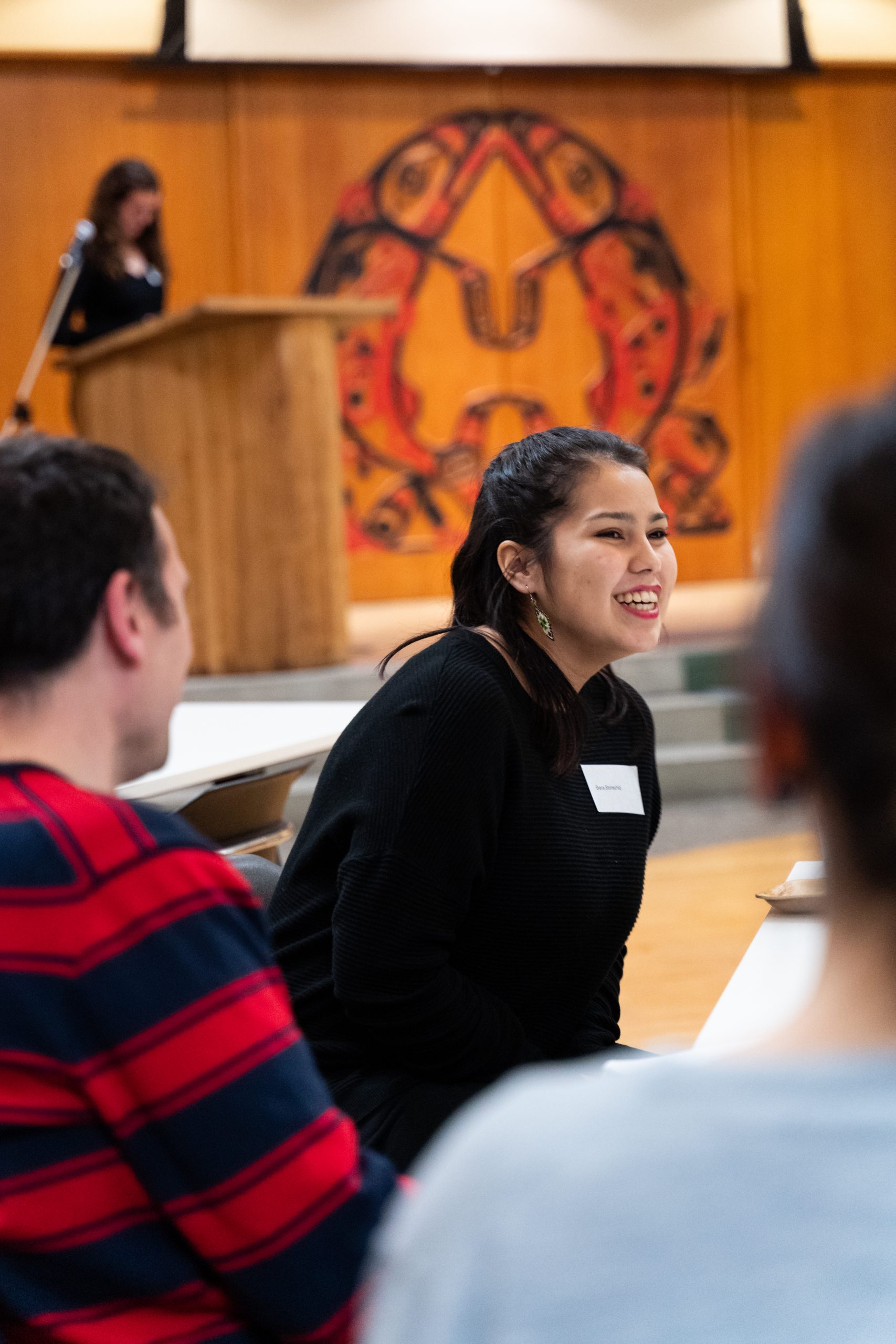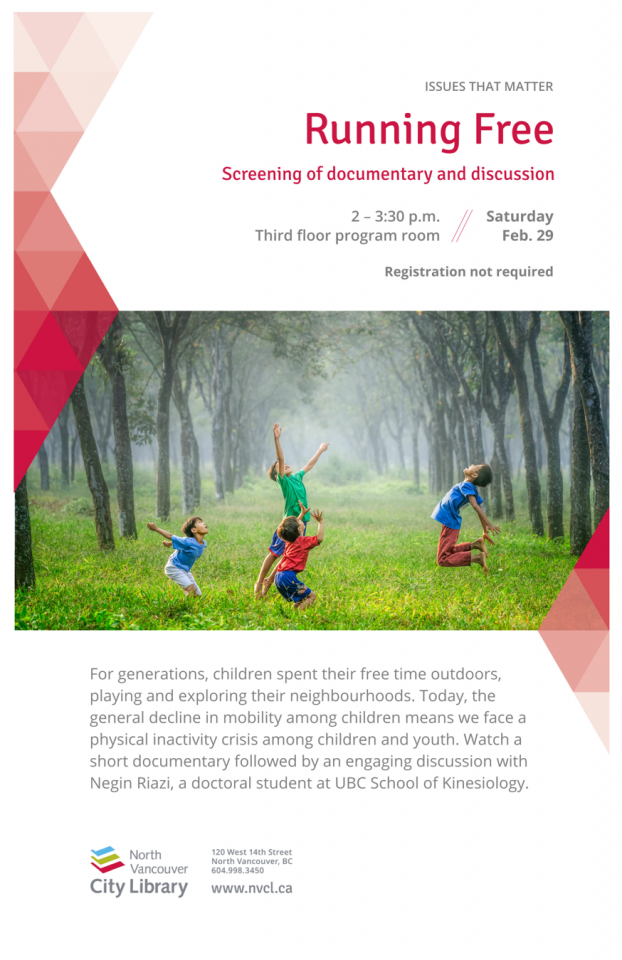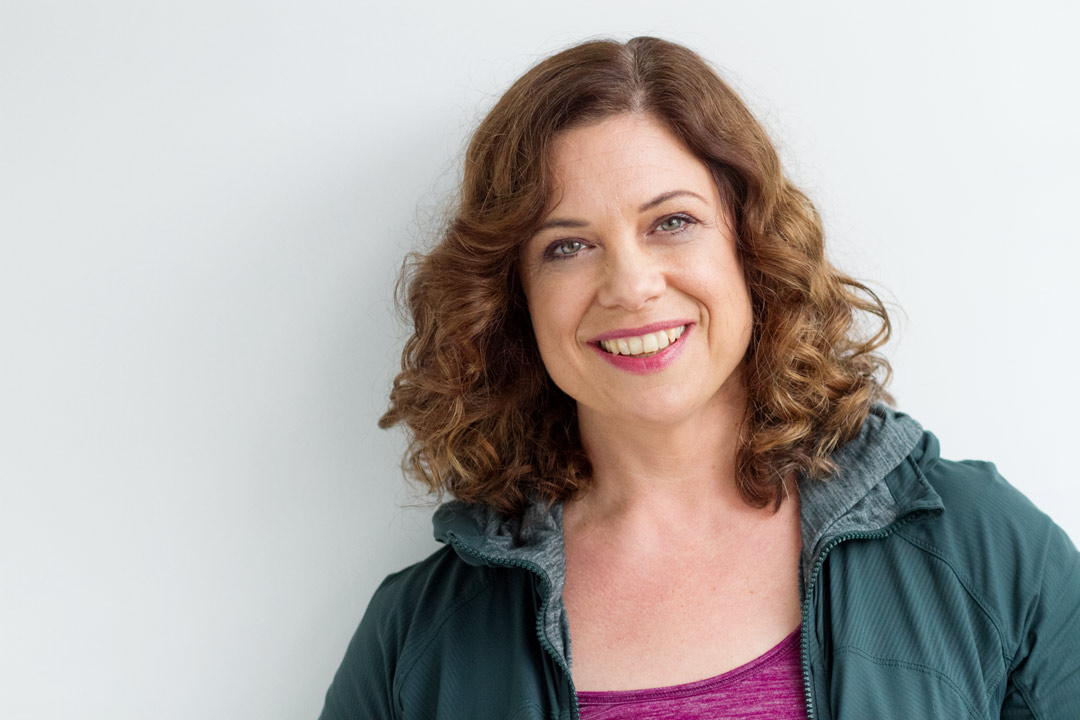
Prior to attending UBC, Kate worked in fitness club management as the Fitness Director of The Sussex Club in Ottawa, and as the Fitness Programs Manager of the Vancouver Lawn Tennis and Badminton Club. While working in the fitness industry, Kate developed a passion for helping those who are marginalized or challenged by negative cultural experiences of exercise. One important project included working with young women who had body image and eating disorders. The program consisted of visualization, dance, artistic expression, and mindfulness practices. During this time, Kate realized there was also a need to address the challenges of another marginalized group; older adults engaged in normative fitness practices.
A desire to explore the benefits and challenges of older adults participating in fitness programs led Kate to pursue her master’s degree in the socio-cultural stream. She is grateful to her mentor Dr. Laura Hurd, whose research examining the embodied experiences of older adults was greatly influential. Kate was also guided by the work of Dr. Patricia Vertinsky and Dr. Mark Beauchamp, which provided historical and psychological context. Kate’s master’s research study investigated socio-cultural aspects and benefits of exercise for older adults, with findings emphasizing the important role of social support in peer-group exercise programs. Another highlight of Kate’s experience under Dr. Hurd’s mentorship was co-authoring work published in Aging & Society.
After graduating in 2010, Kate founded Love Your Age Fitness Inc. Bringing her education into practice, Kate and her team have developed inclusive, unique and creative exercise spaces and programs for older adults. Kate continues to be influenced by UBC researchers in Kinesiology and in related fields of psychology, physiotherapy, and neurology, such as Dr. Teresa Liu-Ambrose’s work on exercise and cognition.
With a mandate to be both inclusive and innovative, in 2014 Kate and her team created their first version of the current Brain & Body program, prior to the wider availability of similar industry offerings. In addition to exploring new ways to help marginalized older adults, other recent projects include implementing socially inclusive, interactive and multi-modal exercise classes in various natural spaces.
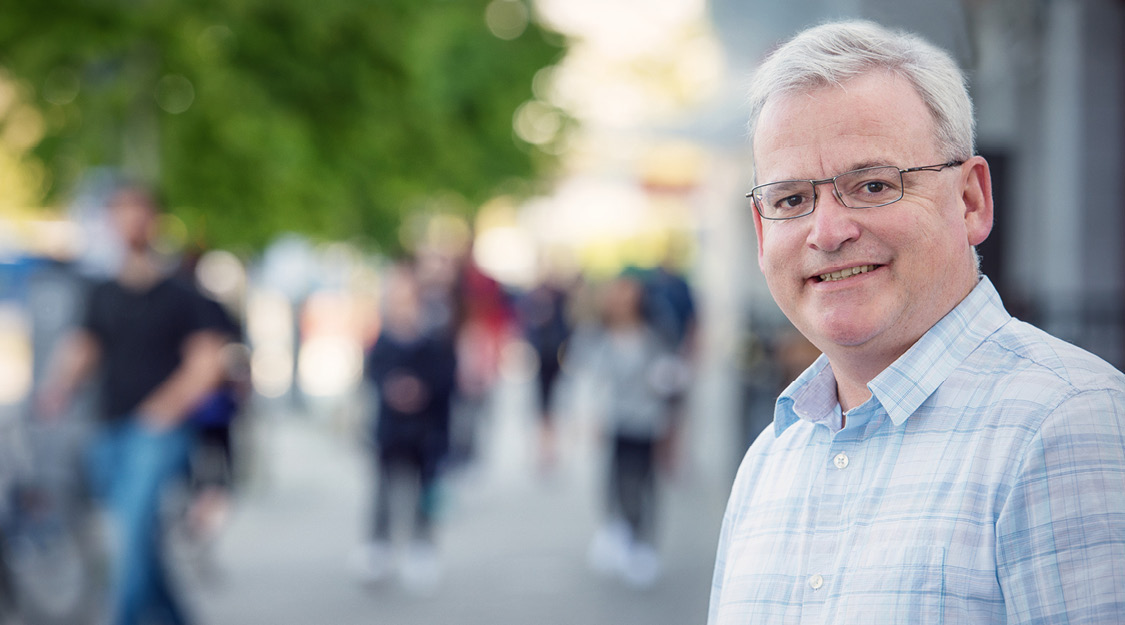
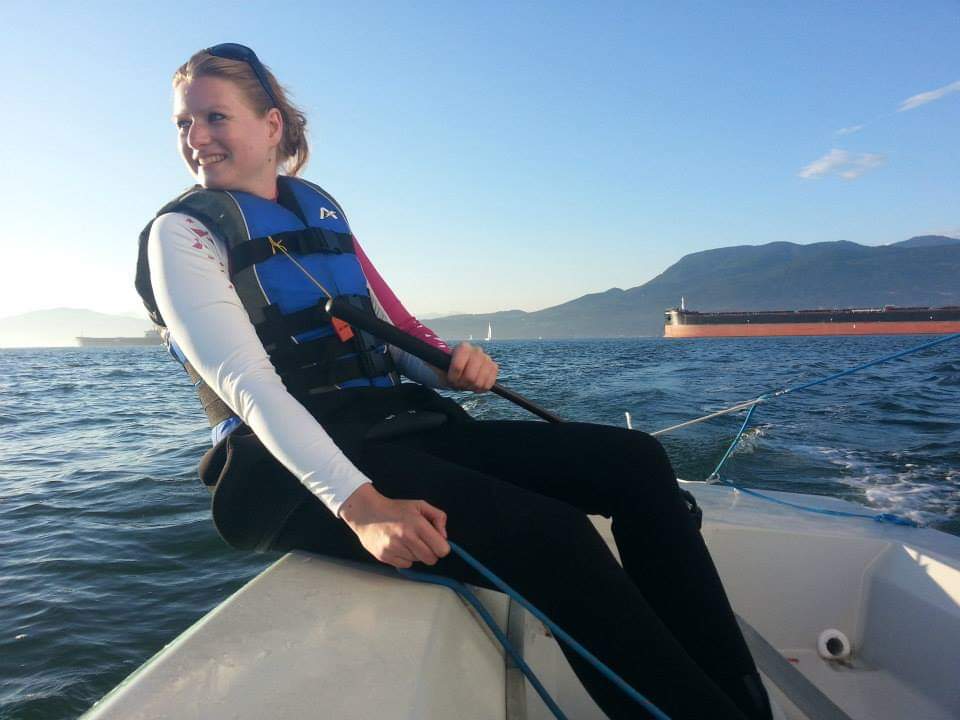
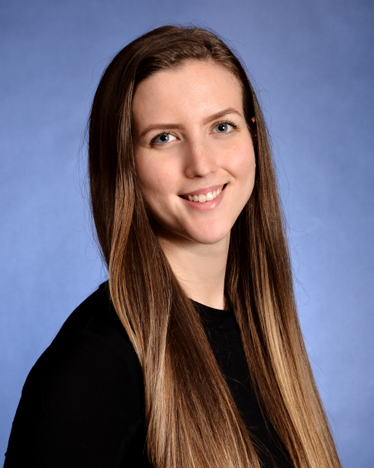
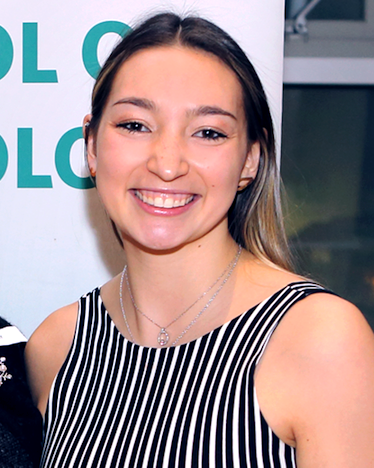
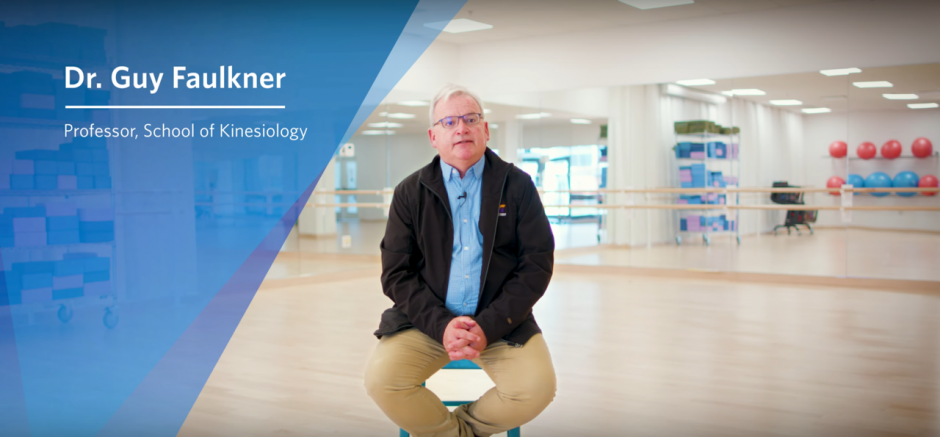
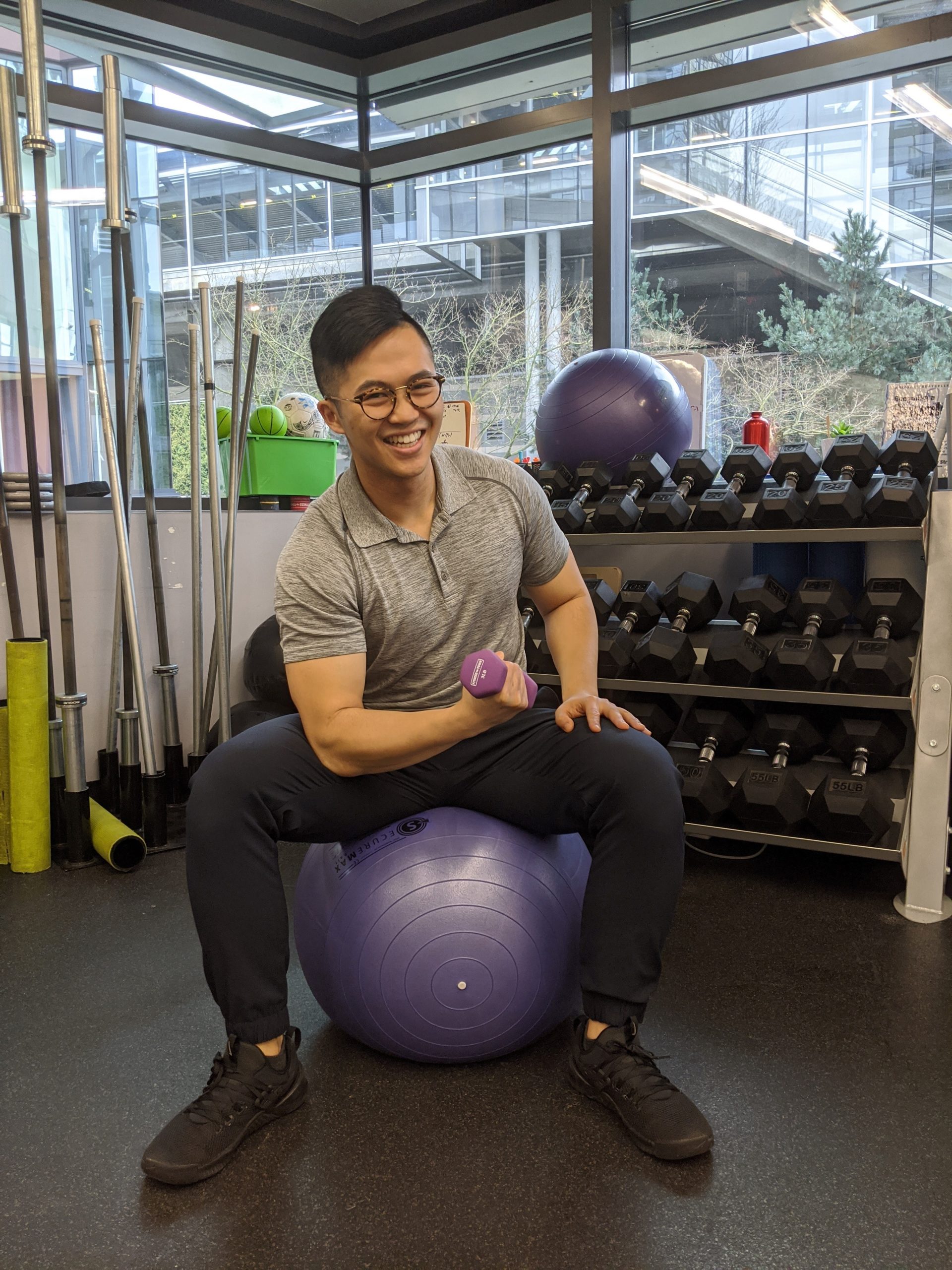 With over 9 years of exercise and training experience, Tyler turned his passion for health and fitness into a career by becoming a full-time physiotherapist. As a fellow alumnus, He completed his Bachelor of Kinesiology in 2015 and graduated with a Masters of Physical Therapy from UBC in 2017. In his physiotherapy practice, Tyler works in orthopaedic clinics that specialize in the management of sport and work related injuries, motor vehicle accidents, and vestibular conditions. Tyler’s treatment philosophy revolves around the body’s natural ability to adapt and recover. As a result, he prioritizes the return to normal movement patterns by creating individualized exercise programs for all his patients.
With over 9 years of exercise and training experience, Tyler turned his passion for health and fitness into a career by becoming a full-time physiotherapist. As a fellow alumnus, He completed his Bachelor of Kinesiology in 2015 and graduated with a Masters of Physical Therapy from UBC in 2017. In his physiotherapy practice, Tyler works in orthopaedic clinics that specialize in the management of sport and work related injuries, motor vehicle accidents, and vestibular conditions. Tyler’s treatment philosophy revolves around the body’s natural ability to adapt and recover. As a result, he prioritizes the return to normal movement patterns by creating individualized exercise programs for all his patients.